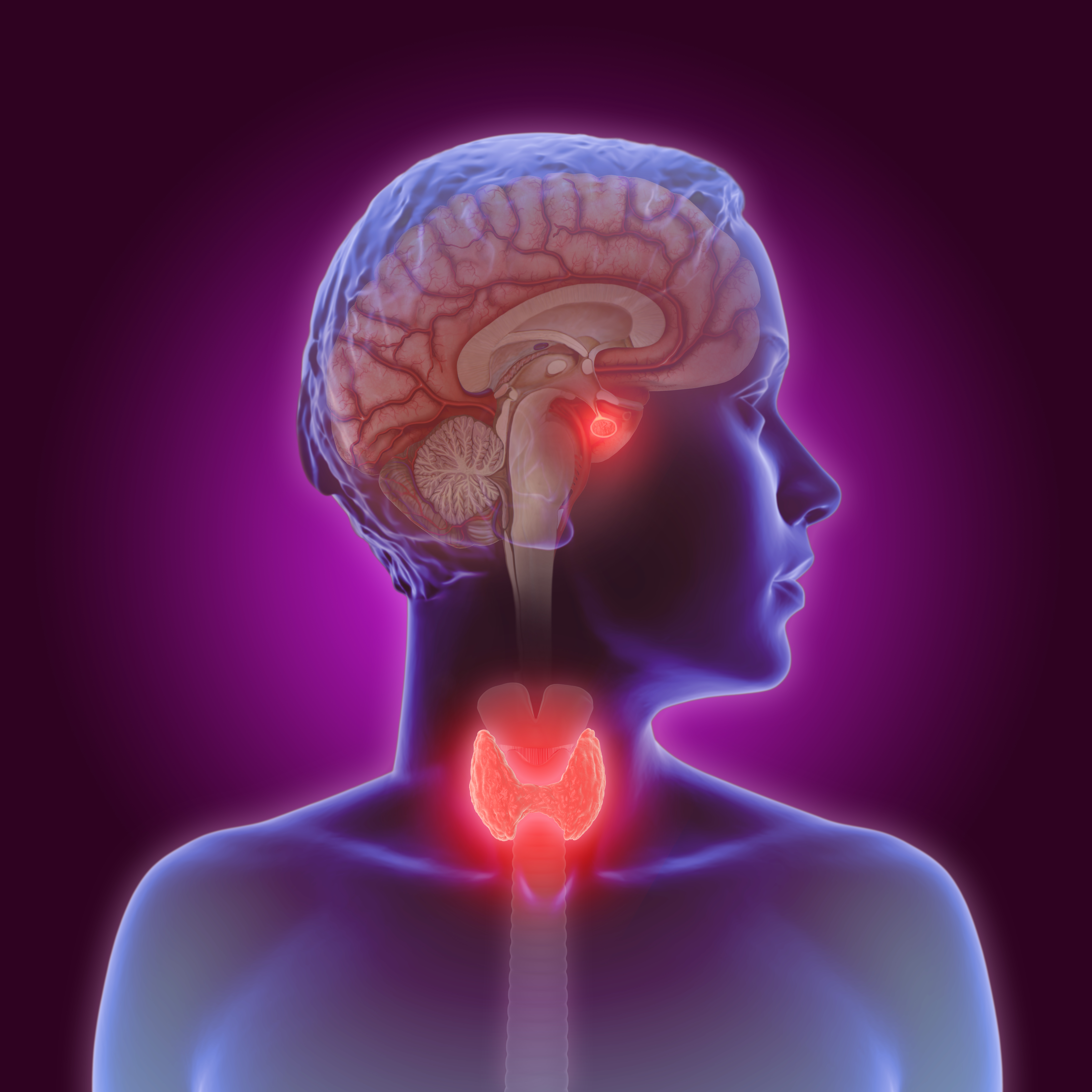Description
TSH comes from an area of your brain known as the pituitary. While it’s not created by the thyroid (which is found at the base of your throat), it does affect the hormones the thyroid produces. Because this hormone stimulates the thyroid gland, TSH blood levels are high when your thyroid gland is underactive (and needs more stimulation) and low when your thyroid gland is overactive (and needs less stimulation). Usually, the level of TSH in your blood is a good indicator of thyroid function, but there’s ongoing debate about the reference ranges for TSH. This means some people’s results may appear in the ‘thyroid normal range’ even when they have a thyroid condition. Thyroid hormones affect your energy and vitality levels. Make sure you get the full picture so you can live your best life.
Free T4 and free T3
T4 (thyroxine) is the main hormone produced by the thyroid gland. Some of your T4 exists as free T4. This means that it hasn’t bonded to protein in your blood and is available for your body and tissues to use. However, the T4 hormone has to be converted into free T3 (triiodothyronine) to activate and start working on your metabolism. This conversion happens all over the body, but it’s particularly active in your liver and gut. That’s why gut health and liver function are so important to maintaining optimal thyroid hormone levels. Importantly, T3 and T4 hormones regulate your heart rate and how fast your intestines process food. This means if your levels are low, you may have symptoms like a slow heart rate and constipation or weight gain. If your T3 and T4 levels are high, you may have a rapid heart rate as well as symptoms like diarrhea or weight loss. T3 tests are often used to diagnose hyperthyroidism (overactive thyroid) and/or to find out how severe the condition is.

